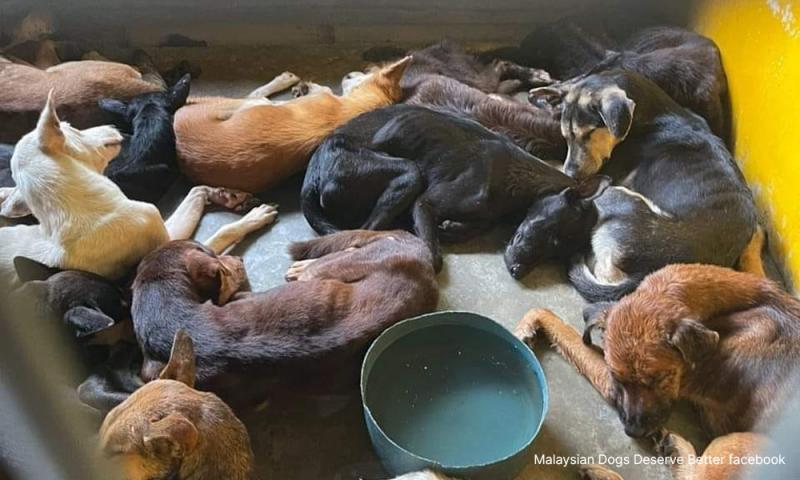LETTER | The practice of culling by local councils to control stray dog populations and the spread of rabies has been proven ineffective and inhumane and it is high time for authorities to shift to more humane methods.
One such method would be the Trap, Neuter, Vaccinate, Release/Rehome (TNVR) programme, which has been proven to be an effective method in many parts of the world. It is also more humane and transparent.
I also urge local councils and authorities to actively engage with local communities to provide transparency in rabies control instead of just persisting with mass dog culling, which is an approach that has been highly criticised by both experts and members of the public.
This is especially after a recent social media video of dog culling by local authorities had gone viral.
The video shows a member of the public storing the carcasses of dogs that were caught and culled, with three freezers filled to the brim with remains.
According to the MPP Dog and Control By-law 2018 (Pg 384, 5d.), a notice must be displayed stating that if a dog is not claimed within 48 hours from the time of impounding, it may be destroyed or dealt with by the local authority in any manner it deems fit.
This notice should be displayed at the local authority’s office or the nearest police station and the owner, if known, should be notified.
However, the recent viral video highlighted that five dogs were put to sleep before the 48-hour holding period. This raises concerns about the council’s compliance with its own laws.
Additionally, under the Veterinary Public Health Ordinance, 1999 (Section 38), animals suspected of being infected with rabies can either be destroyed immediately or sent to a quarantine station for detention and observation.
What were the grounds for suspecting rabies in these dogs? Has the public been informed about what constitutes an animal that may be infected with rabies? This question is brought up as non-discriminatory dog culling on the streets has been observed countless times in the past.
Despite continuous public outcry from animal welfare groups, the councils persist with mass dog culling. Questions arise about the council’s reluctance to change its approach.
Is it for the sake of convenience? If convenience is the ultimate reason, it is an absolute waste of taxpayers’ money as it also fails to address the core issue.
The council often mentions encouraging responsible pet ownership. However, there is a need to implement policies to identify and punish irresponsible owners who abandon strays, yet, there have been no actions taken to implement this policy.
If local councils can spend their time and resources to implement this policy instead of mass culling, it could have a more significant impact on reducing stray populations and rabies cases.
At the AfA Sarawak Conference 2023, Premier Abang Johari Openg stated that rather than resorting to mass culling, a robust neutering programme should be implemented as this is a humane and effective way to reduce rabies cases.
He also emphasised the importance of open dialogue and active engagement with citizens to build trust and make significant progress in rabies eradication.
The local councils have failed in this regard as there has been no solid initiative to engage with the public.
Thus, can the public assume that the councils disagree with the advice and recommendations proposed by the premier as well as other veterinary experts at the conference? Do the councils have experts in the field that can provide reliable data on the effectiveness of mass culling?
To reiterate, it is imperative to adopt more humane, transparent, and effective measures, such as the TNVR programme to address this issue.
Therefore, I call upon the councils to engage with the community, adhere to legal requirements, and implement policies that ensure responsible pet ownership and humane treatment of animals.
The views expressed here are those of the author/contributor and do not necessarily represent the views of Malaysiakini.





